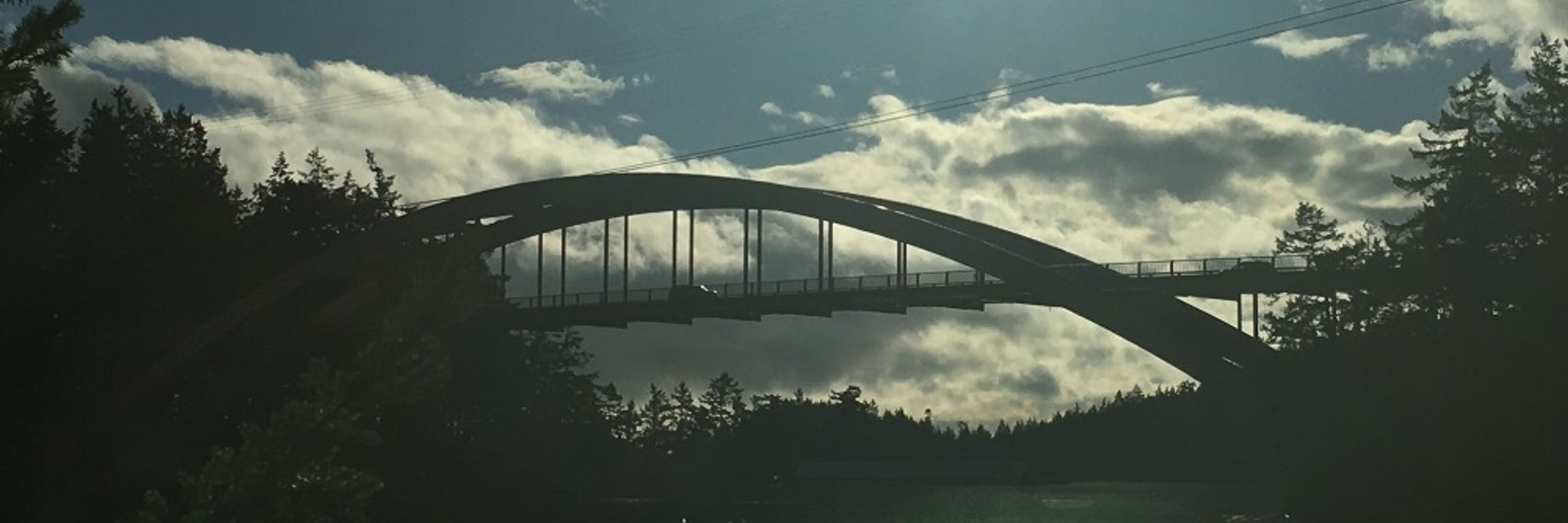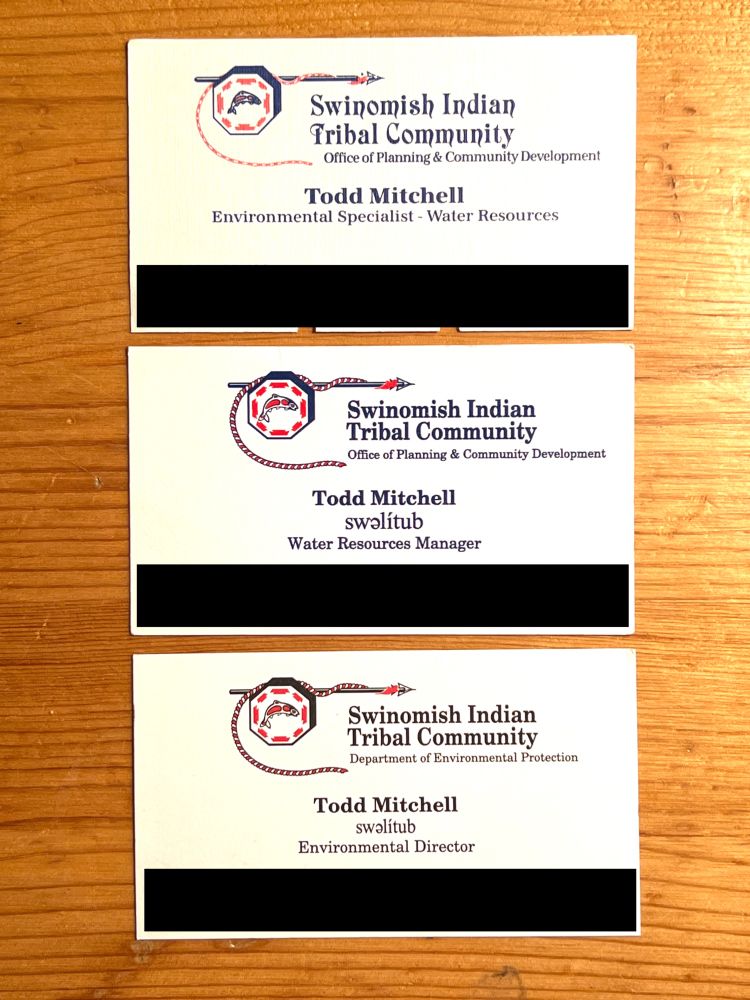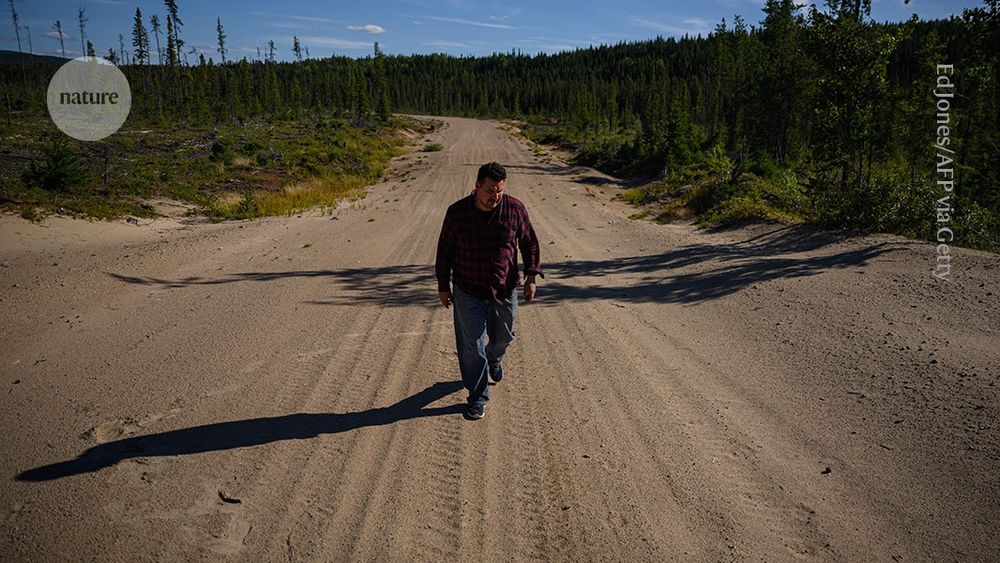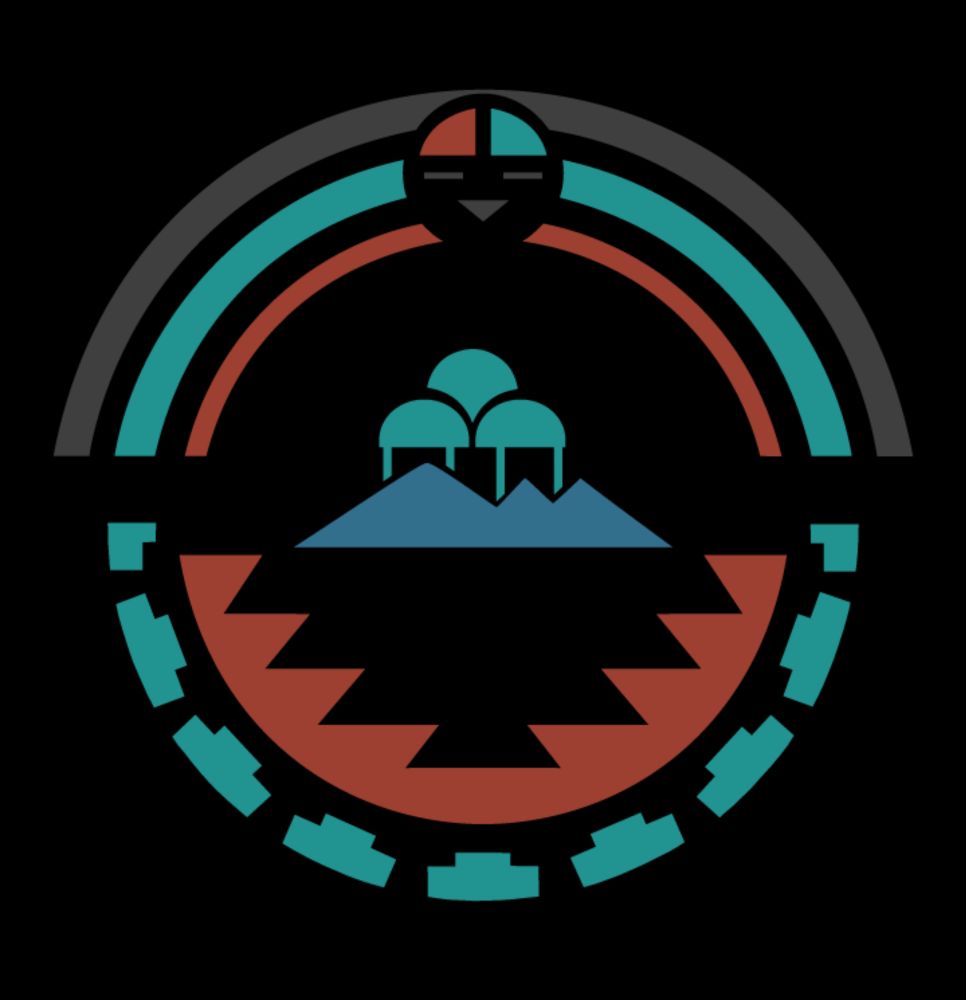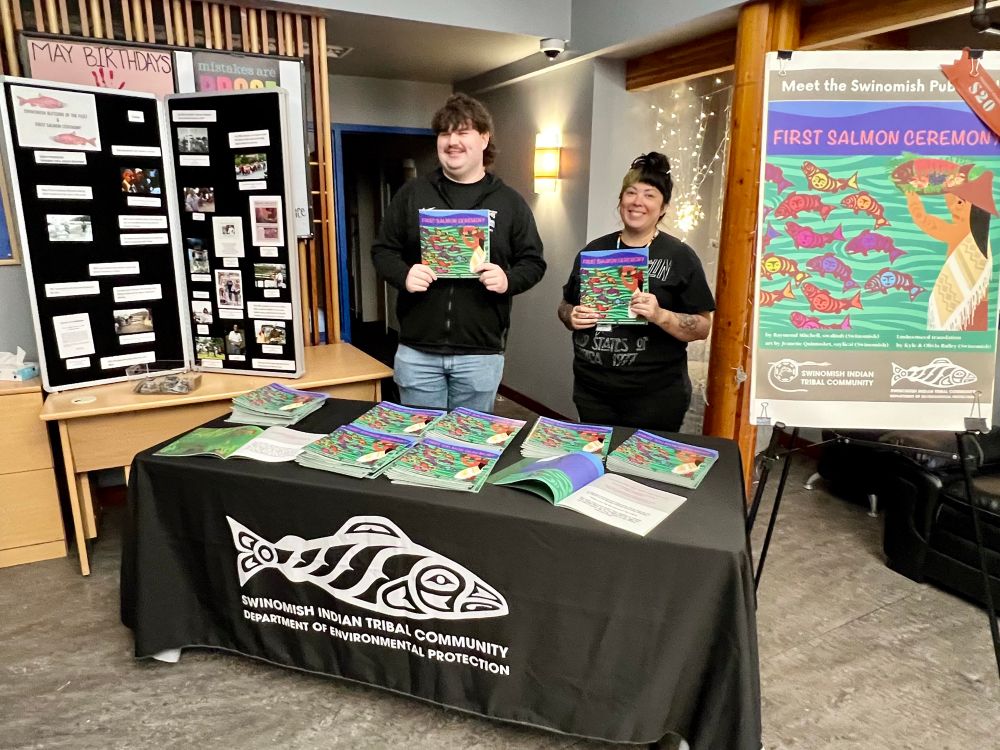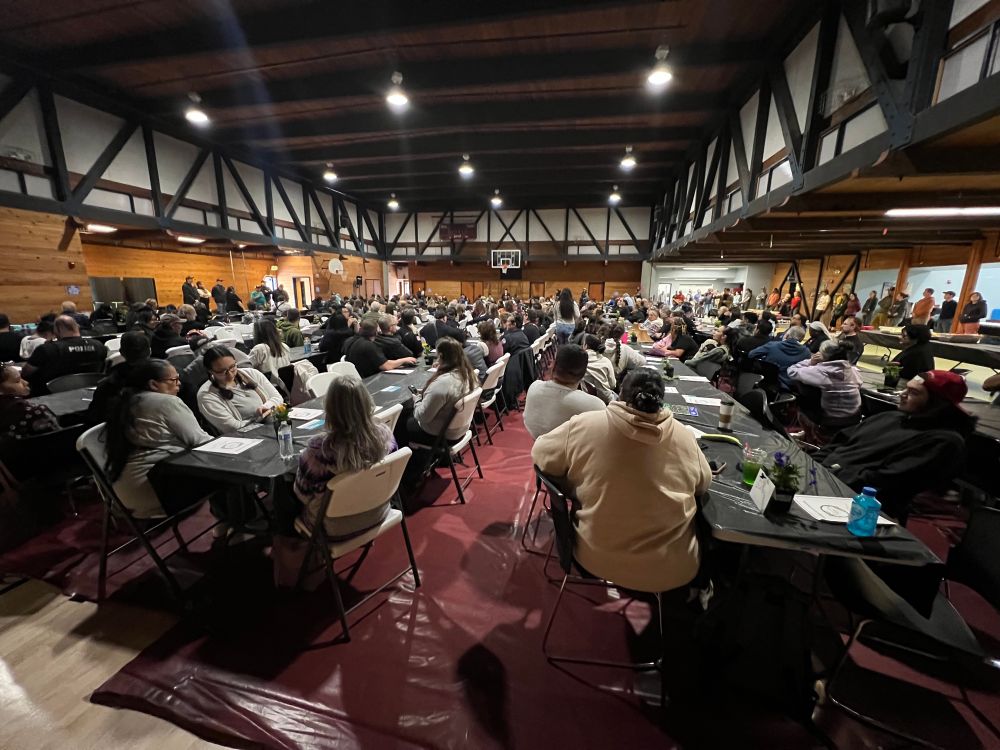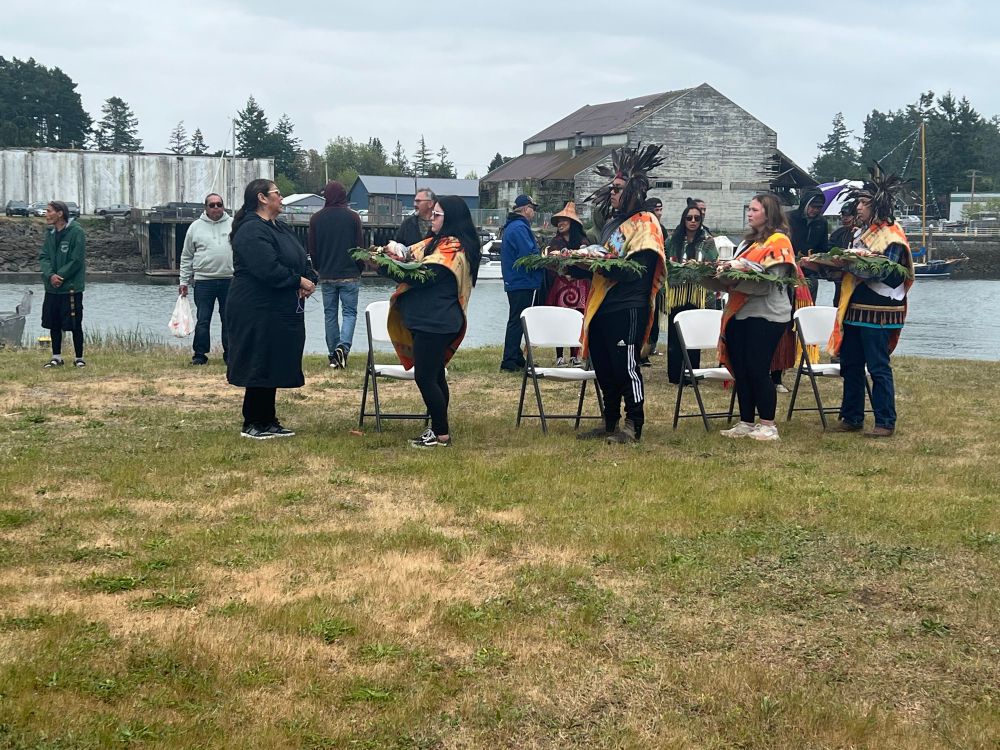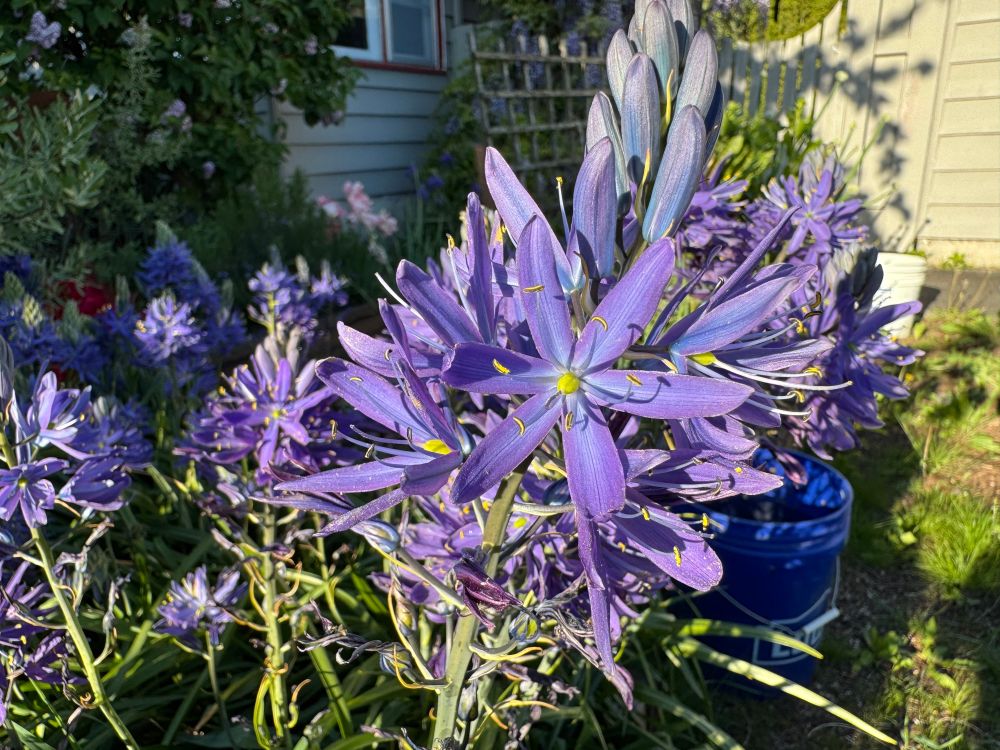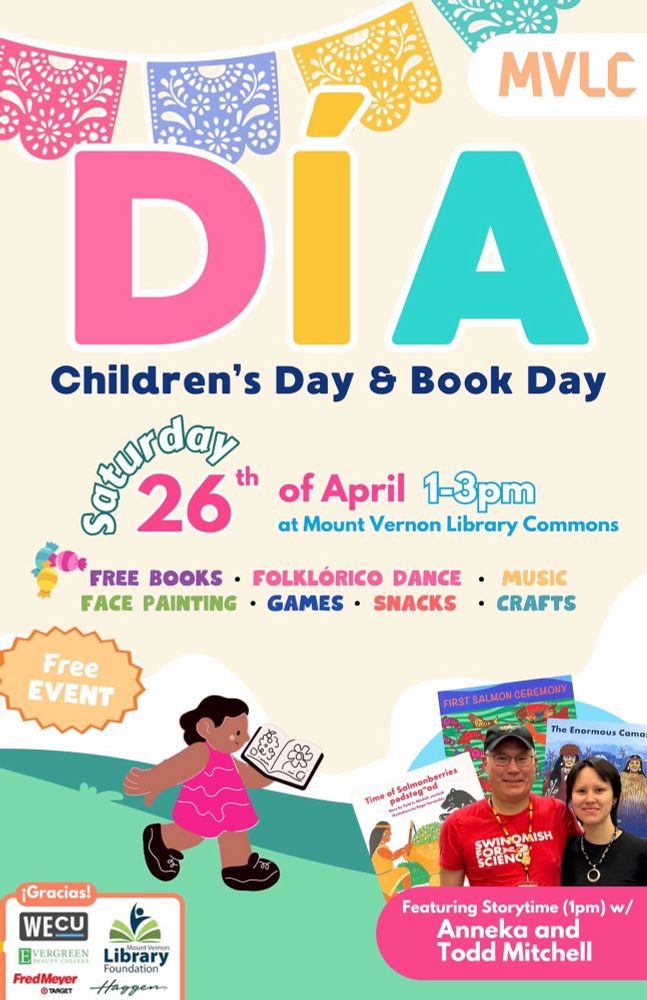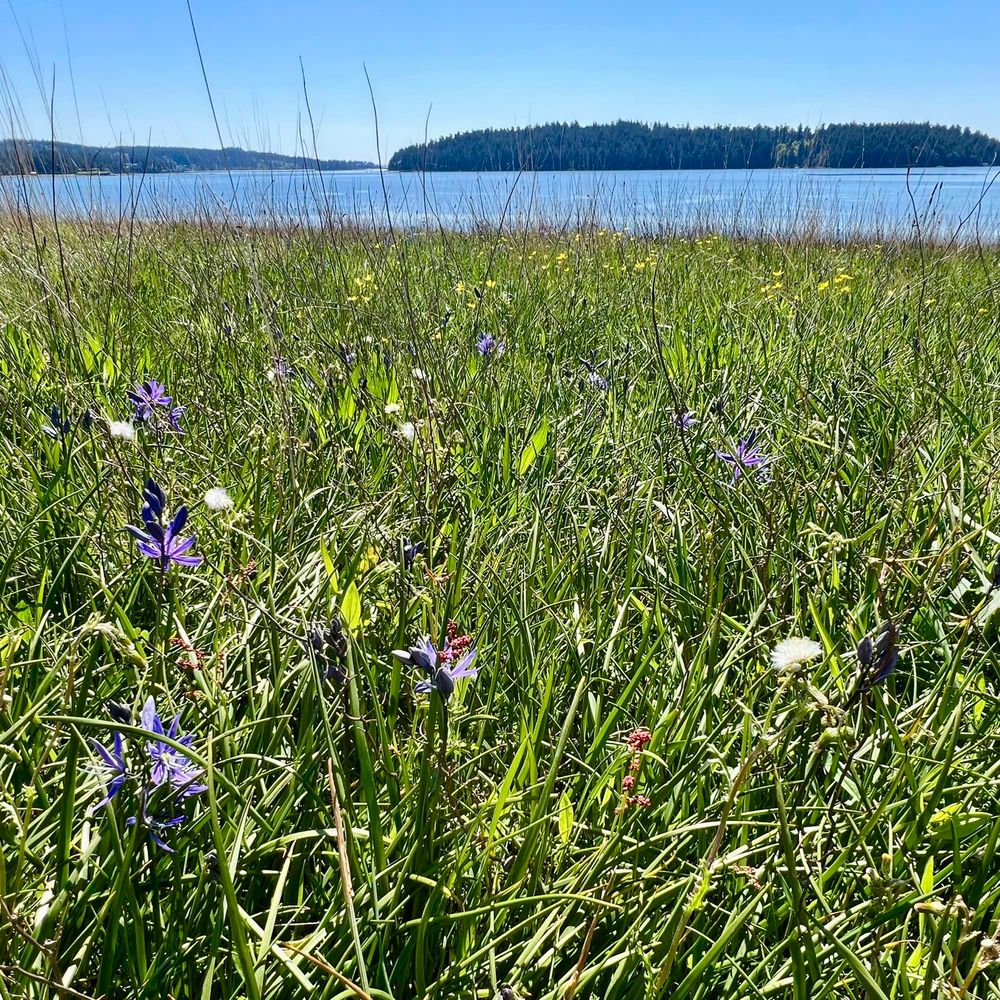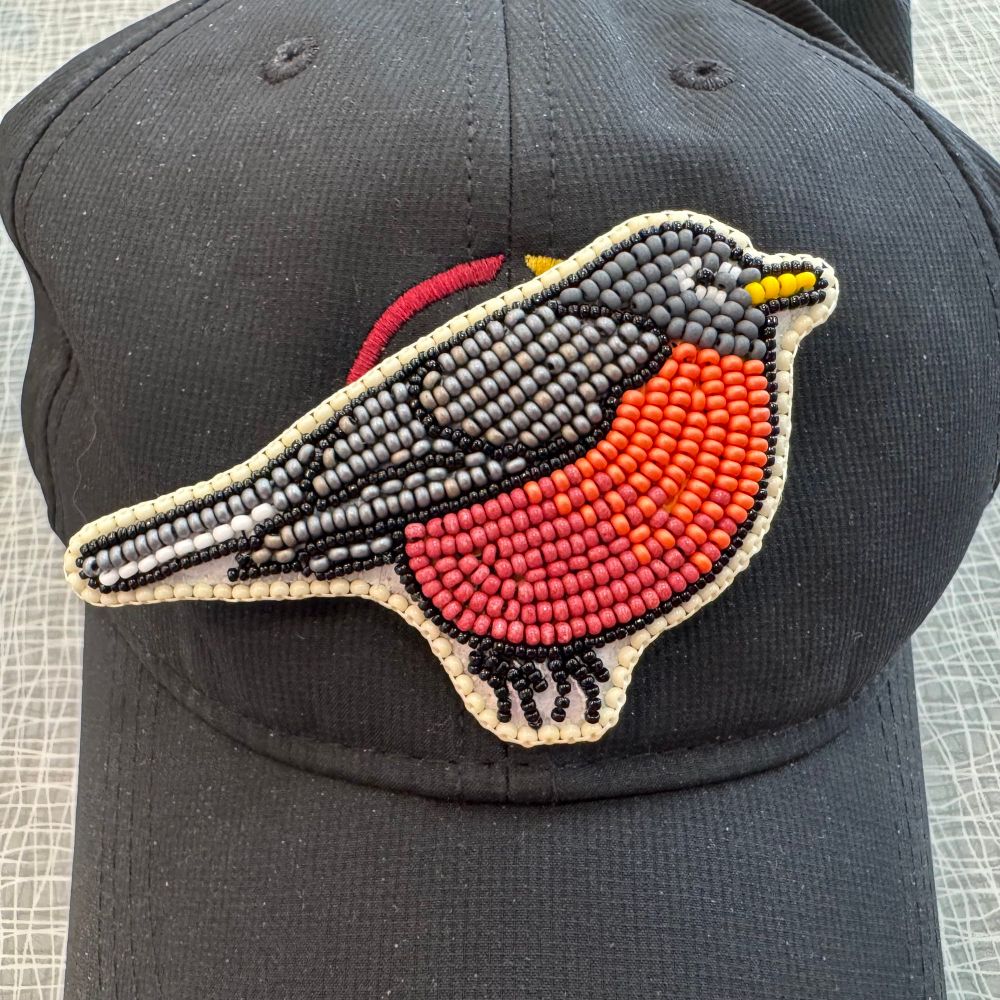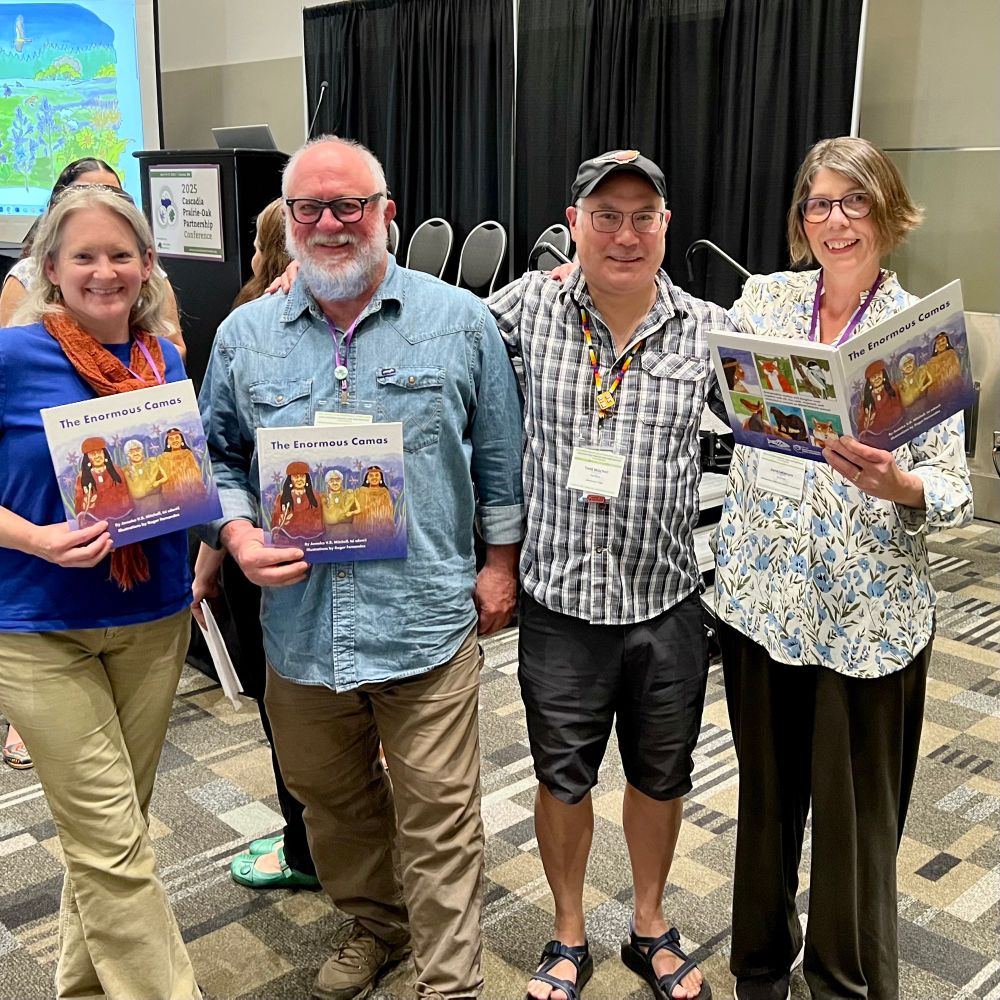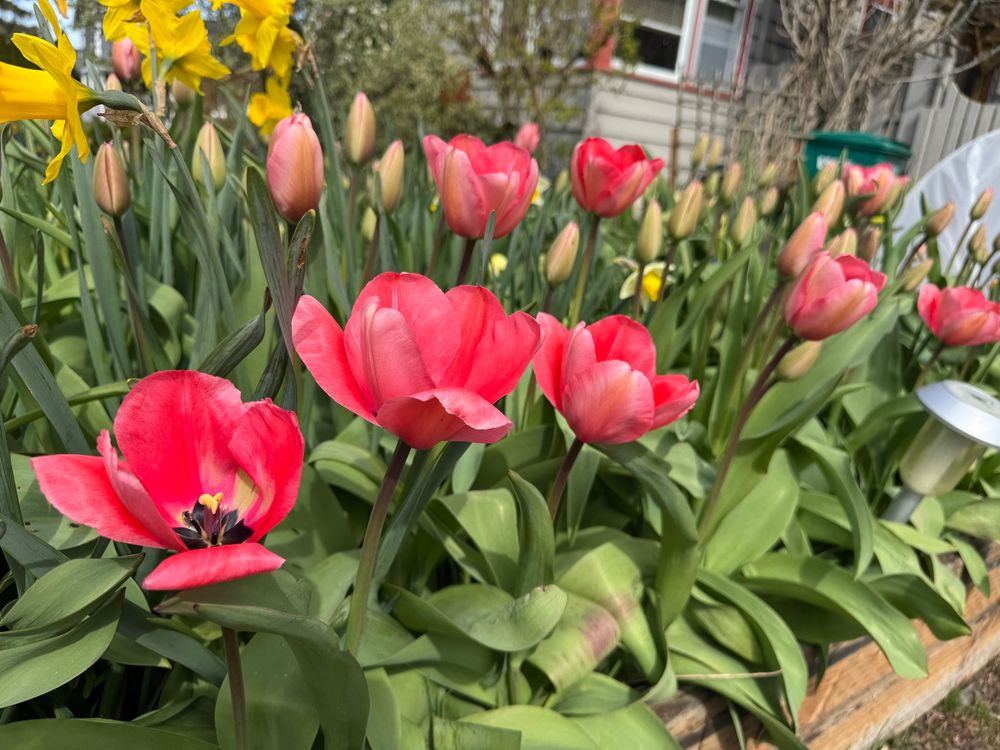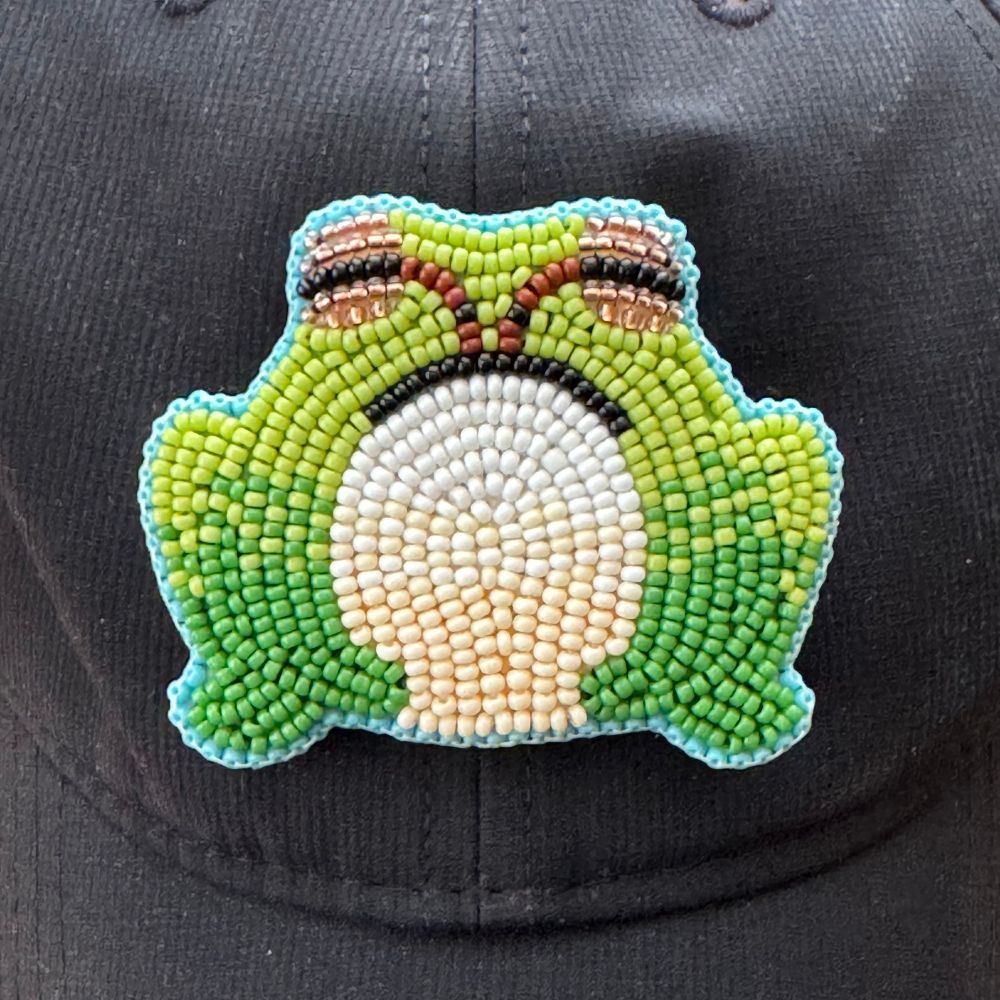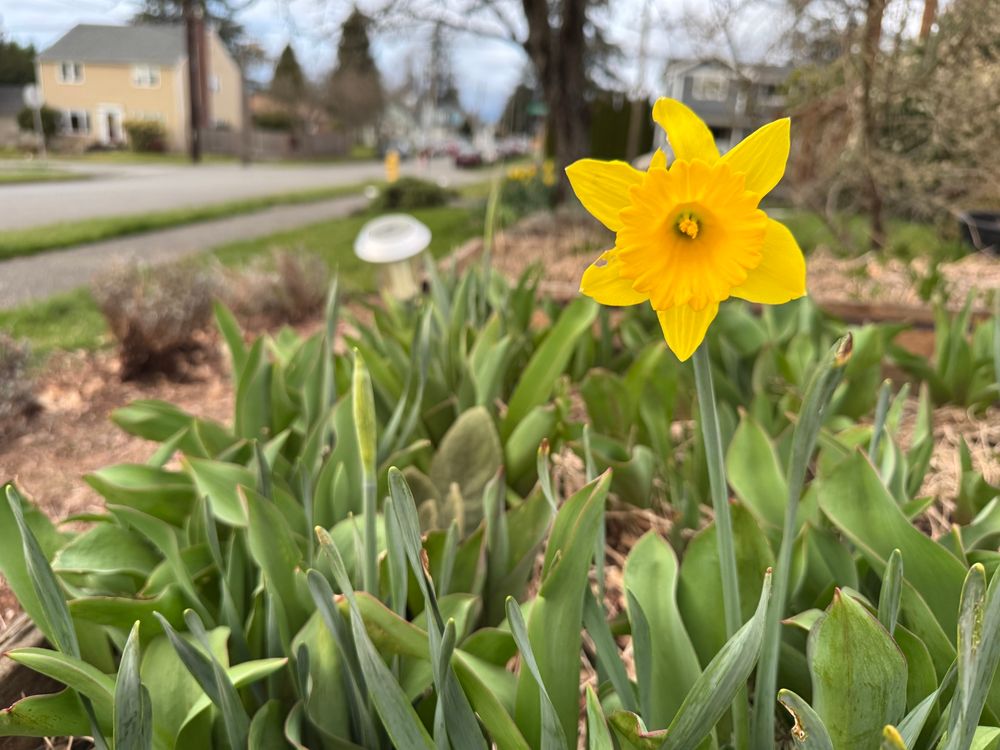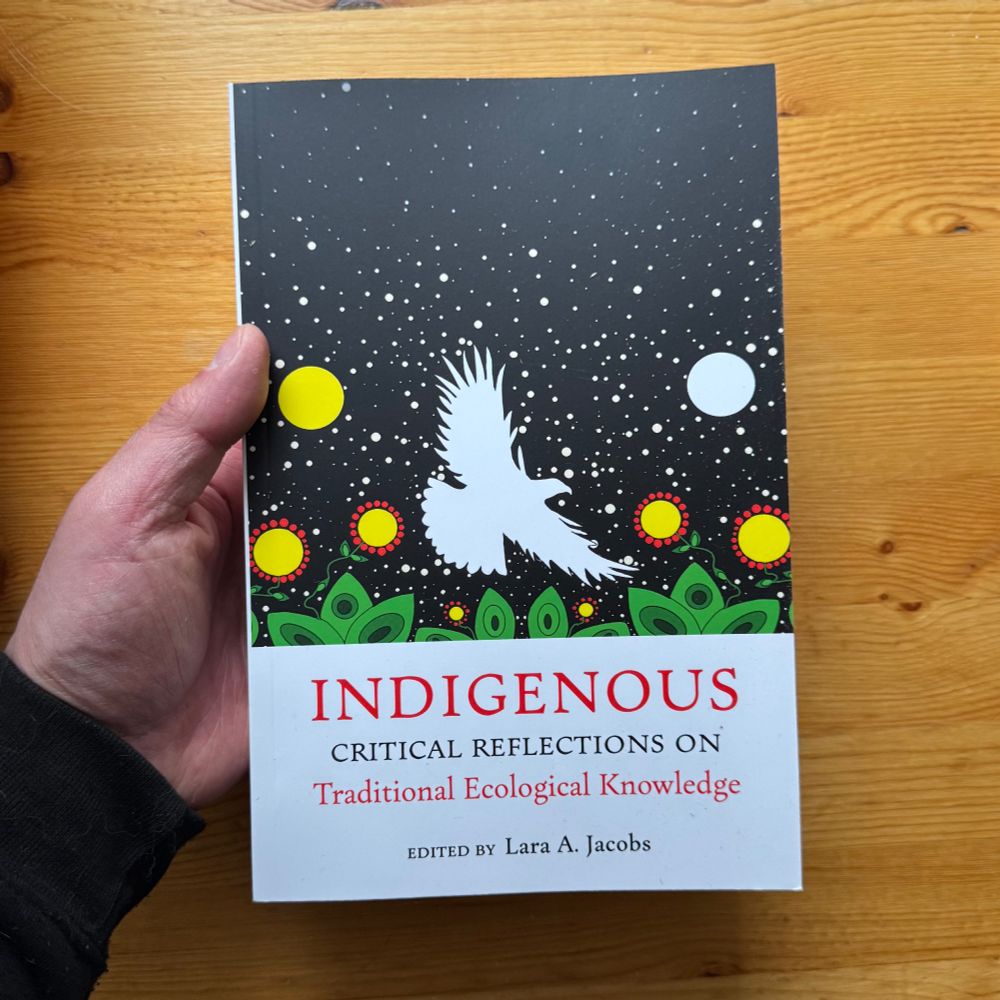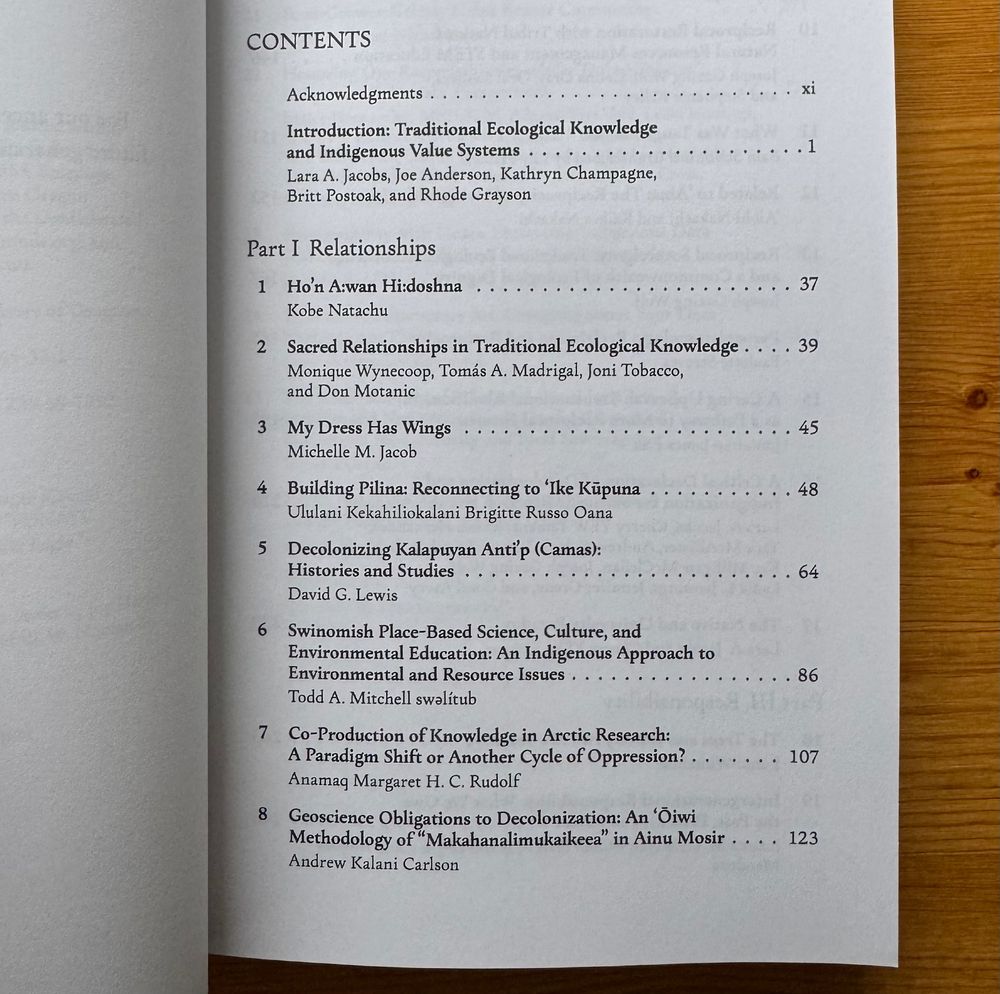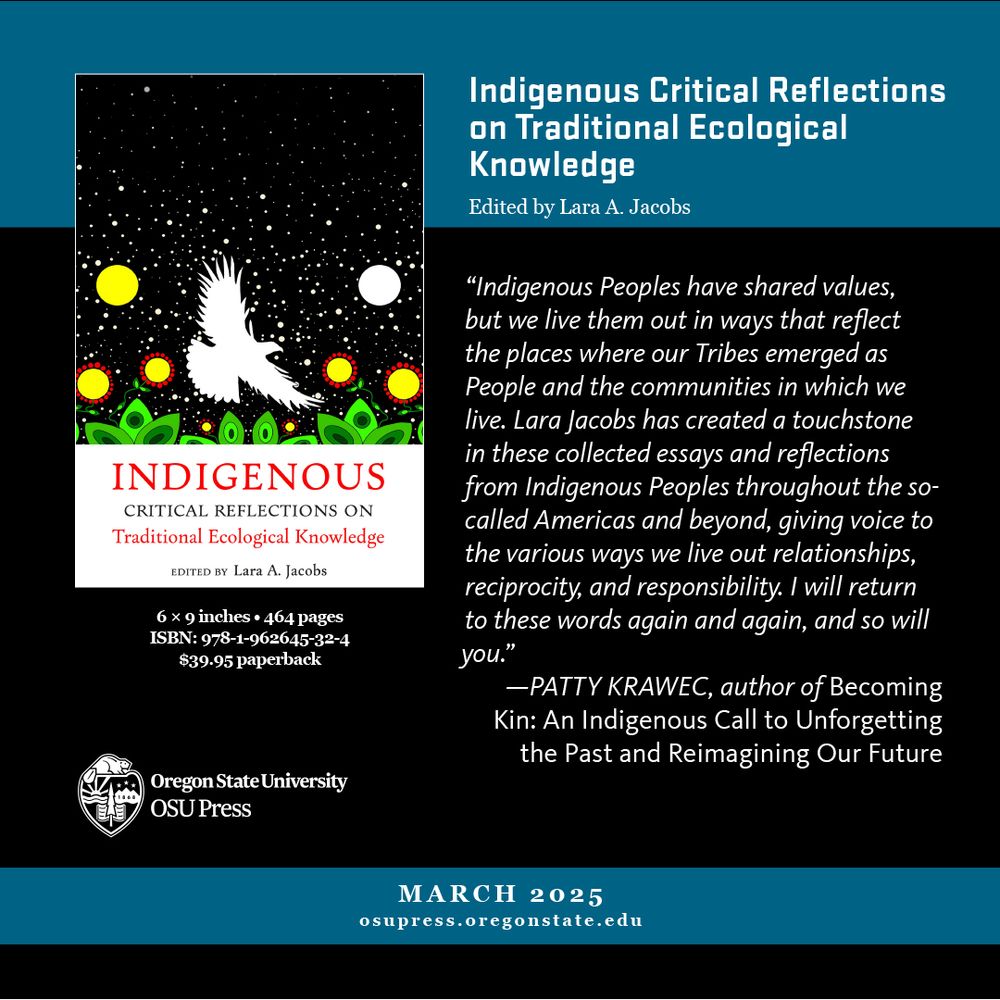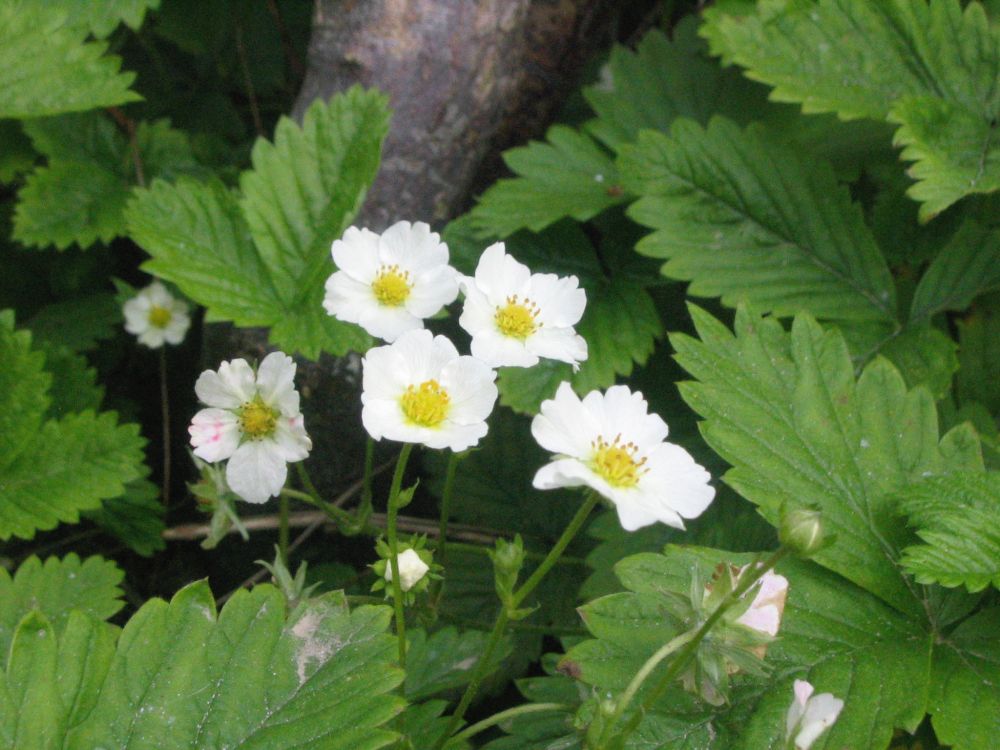Todd Mitchell
@tasmitchell.bsky.social
2.1K followers
670 following
110 posts
Native American (Swinomish)/Asian (he/him), Indigenous Scientist, Geologist, Environmental Protection @ Swinomish Tribe. Husband & Dad. Certified Indigenous science teacher. Skeets my own. IG: @tasmitchell; @swinomishdep; Swinomish territory, WA, USA 💙🚴🐈
Posts
Media
Videos
Starter Packs
Todd Mitchell
@tasmitchell.bsky.social
· Jul 30
Todd Mitchell
@tasmitchell.bsky.social
· May 21
Todd Mitchell
@tasmitchell.bsky.social
· May 15
Todd Mitchell
@tasmitchell.bsky.social
· Apr 24
Todd Mitchell
@tasmitchell.bsky.social
· Feb 25
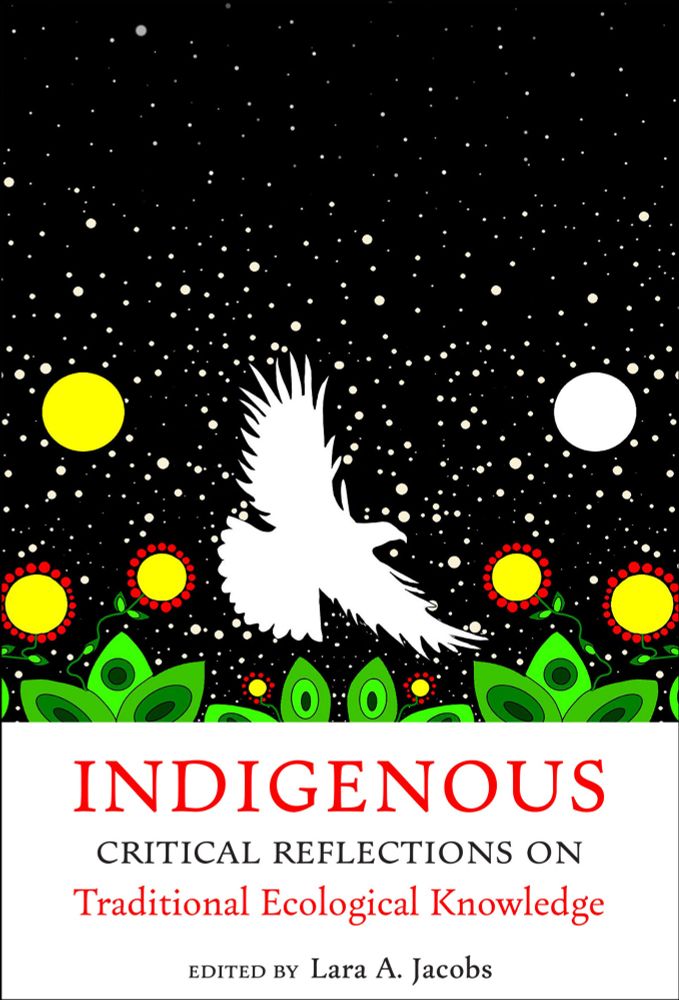
Indigenous Critical Reflections on Traditional Ecological Knowledge
With more than fifty contributors, Indigenous Critical Reflections on Traditional Ecological Knowledge offers important perspectives by Indigenous Peoples on Traditional Ecological Knowledge and Indig...
osupress.oregonstate.edu
Todd Mitchell
@tasmitchell.bsky.social
· Feb 22
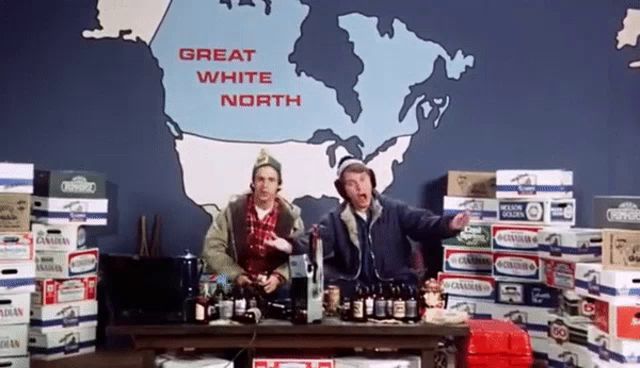
two men are standing in front of a large map that says great white north
Alt: Strange Brew! Bob and Doug MacKenzie are sitting in front of a large map of North America that says “great white north” over Canada. They are surrounded by cases of beer. Bob is saying, “Beauty, eh?”
media.tenor.com
Todd Mitchell
@tasmitchell.bsky.social
· Feb 18
